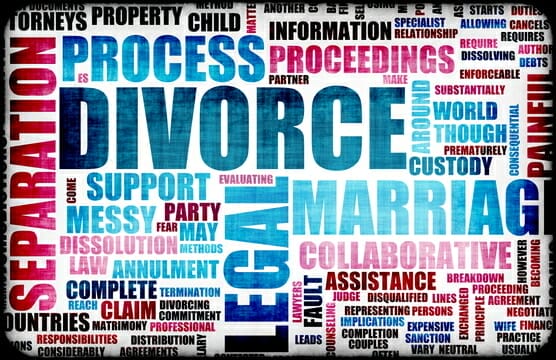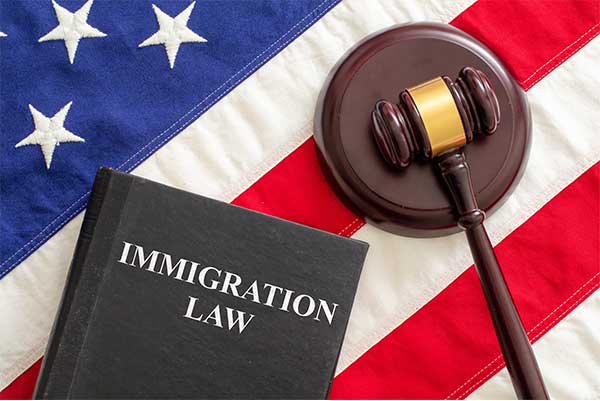10 Factors Florida Courts Consider When Awarding Custody
Any divorce comes with a myriad of questions – whether or not to separate, and when, and what belongs to whom, and why. But one question is more important than any of those: How will you and your former spouse share custody of the children?

There are more than 800,000 divorces across the country every year, according to data collected by the Centers for Disease Control and Prevention’s National Vital Statistics System. And while those numbers are gradually decreasing, they have a cumulative effect on children: The U.S. Census Bureau estimates that up to 23.4 million children under the age of 21 live with one biological parent while the other stays elsewhere.
Divorce can have a serious impact on the emotional state of a minor, and Florida state law recognizes that it is in the best interests of the child to enjoy as stable a home environment as possible. This is why judges in Florida will usually not award either parent sole custody after a divorce; instead, they prefer that the child’s time is split between both parents.
Are you getting divorced and wondering how the court will assign the custody of your child or children? Contact a Naples child custody lawyer from the Law Offices of Michael M. Raheb, P.A. to discuss your legal options.
Mr. Raheb is a child custody attorney with the experience to help you avoid making mistakes that would affect the interests of your child. Call 866-949-0888 to schedule a free consultation.
10 Factors Your Judge Will Consider When Determining Child Custody
There are many elements involved in ensuring a child grows up happy and healthy – and Florida lawmakers have decided that a key component of most healthy upbringings is time spent with both parents. Florida Statute 61.13 refers to custody as time-sharing: After a divorce, parents will be awarded either a majority or equal time-sharing arrangement.
Some of the factors your judge will take into account when deciding whom your child or children will spend the majority of their time with include:
- Your moral and physical health;
- Your ability to provide for your child’s welfare;
- The extent of your involvement in your child’s life;
- Your ability to foster your child’s emotional development;
- The time you will be able to dedicate to your child;
- The affection shared between you and your child;
- Your child’s personal preference;
- How well you get along with the other parent;
- Your willingness to encourage a healthy relationship between your child and the other parent;
- And your readiness to place the interests of your child over your own.
If you are getting divorced and would like to discuss what will happen to your child or children afterward, contact a Naples child custody lawyer from the Law Offices of Michael M. Raheb, P.A. Mr. Raheb will answer your questions about asset division, child custody, alimony and other family law matters.
Child custody attorney Michael M. Raheb will give your case the individual attention that it deserves. Call 866-949-0888 to schedule a free consultation.




































